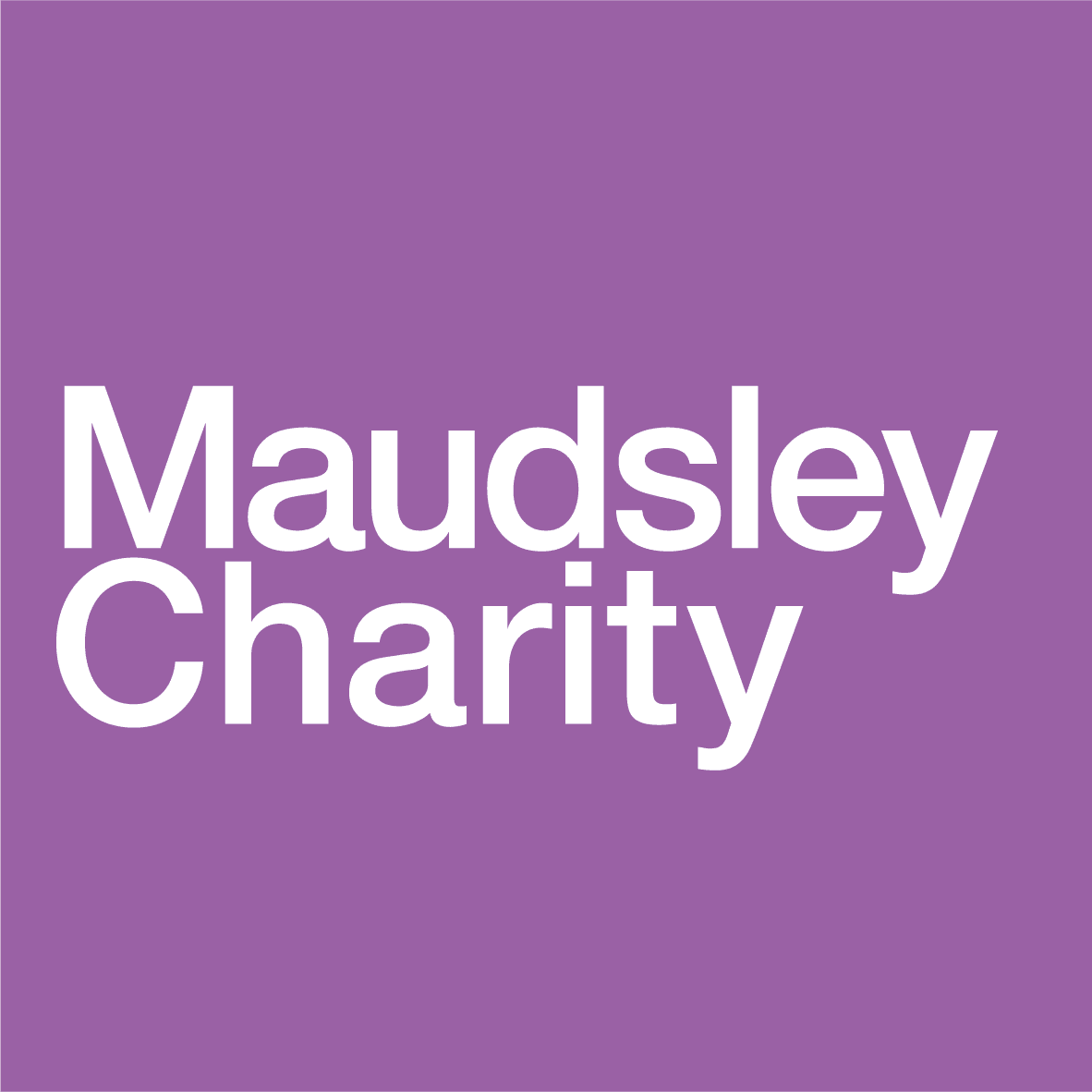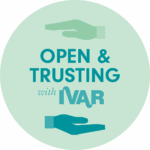Our approach to grant-making
We fund a variety of people and teams, including clinicians, researchers and community organisations, but we have a set of principles that are really important to us and that we observe for all of our grant-making activities.
We fund a variety of people and teams, including clinicians, researchers and community organisations, but we have a set of principles that are really important to us and that we observe for all of our grant-making activities.
We have built on the expertise of various organisations, such as the Institute for Voluntary Action Research (IVAR) to develop the following principles.
General principles
We build trusting relationships with our applicants and grant holders
We recognise the power dynamics involved in funder-grant holder relationships and do our best to work collaboratively, with mutual respect and trust.
We remove unnecessary obstacles
We aim to make applying for our grants and post-award reporting as straightforward as possible by only asking for the information we need.
We are transparent about our funding criteria
We fund projects that have the greatest potential for impact, influencing and/or learning, and we share our assessment criteria with potential applicants. We apply the criteria consistently and do not discriminate on any basis.
We include and value a diverse range of expertise
We involve people with lived experience, clinicians and academic researchers in shaping our programme design and decision-making processes.
We are open to learning
We reflect on what has and has not worked, and are open to receiving constructive feedback from applicants, grant holders and partners to continuously improve our practices.
Decision-making
Each of our programmes/schemes has an assessment and decision-making process that is designed to fit the size of grant available and area of work. It is important to us that we include a diverse range of perspectives in this to help uncover new approaches to tackling the systemic nature and complexity of the problems we collectively face.
We value the expertise and knowledge of our clinical, academic research and lived experience advisory groups and individuals, as well as the different levels of decision-makers – from diverse reviewer panels to our Trustee board.
We aim to take a proportionate approach to applying for our grants. Some programmes require the submission of an expression of interest prior to a full application, so we can better manage the expectations of applicants and not waste their time if an application doesn’t fully meet our criteria. Other schemes require just a simple application form. We are also trialling additions to written submissions, including video interviewing and site visits, which allow different applicant strengths and communication styles to be considered.
Monitoring and reporting
The Charity aims to take a proportionate approach to monitoring and reporting. We are a flexible funder, but as a charity ourselves we want to measure the impact of our grant-making by capturing the outputs and outcomes from the projects that we fund. We do this through discussion with grant holders and by assessing progress reports they have completed at specific touchpoints in a project’s journey. Progress reports range from simple one-pagers to more detailed data captures depending on a variety of factors, such as the size of the grant, the skillset of the project team or the project’s potential for scalability.
Monitoring and reporting are of mutual benefit to us and our grant holders. The reports tell us how the work we fund is going. They also help us to decide what more we could do to increase the impact, influencing or learning from the work, whether there are connections we could make with the rest of our portfolio of funded projects, and how we can improve our support in future.
When grant holders apply for funding, we ask about the outcomes they hope our funding can contribute to and, if relevant, the demographics of the individuals they expect to work with. During project set-up meetings, we discuss how project outcomes map against Maudsley Charity’s change model or one of our programme-specific theories of change and mutually agree the data that is appropriate and necessary for each project to collect.
At these meetings and in progress reports, we don’t just want to hear about successes; we also want to know when things haven’t worked, so we can both learn and use that knowledge to adapt and potentially be more effective.
We have produced some Learning and Evaluation Guidance (PDF, 279KB) to support grant holders to define why projects are needed, plan project evaluations, and capture and share learnings.
Inclusive grant-making
Read our blog, Addressing the complexity of mental healthcare and support: How Maudsley Charity is becoming an inclusive grant-maker to see some of the steps we have taken to become a more inclusive funder, and why we have done this.
An open and trusting grant-maker
We’re delighted to join the Institute for Voluntary Action Research (IVAR) Open and Trusting Grant-making community of funders who adopt more open and trusting practices that make life easier for those they fund.
-
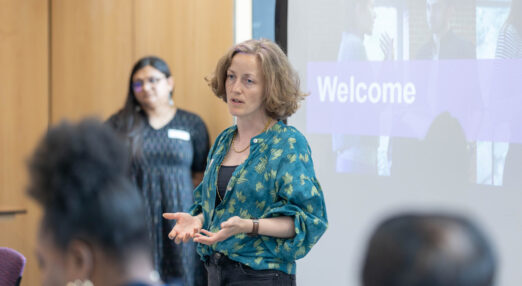
Addressing the complexity of mental healthcare and support
How Maudsley Charity is becoming an inclusive grant-maker.
Read more
-
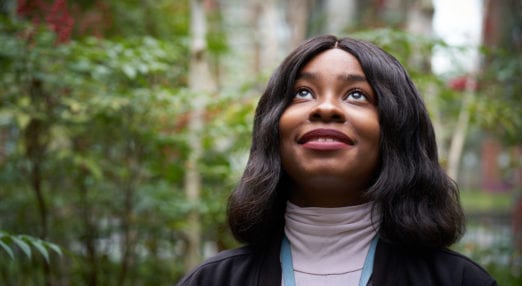
Diversity, Equality and Inclusion – the Maudsley Charity’s approach
Rebecca Gray, our Chief Executive, blogs on the organisation’s recent work around Diversity, Equality and Inclusion and understanding our role in creating wider change in society.
Read more
-
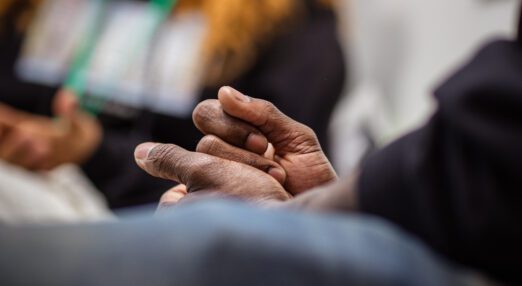
Our funding
Our funding approach is guided by our partnerships, place, and values.
Read more
